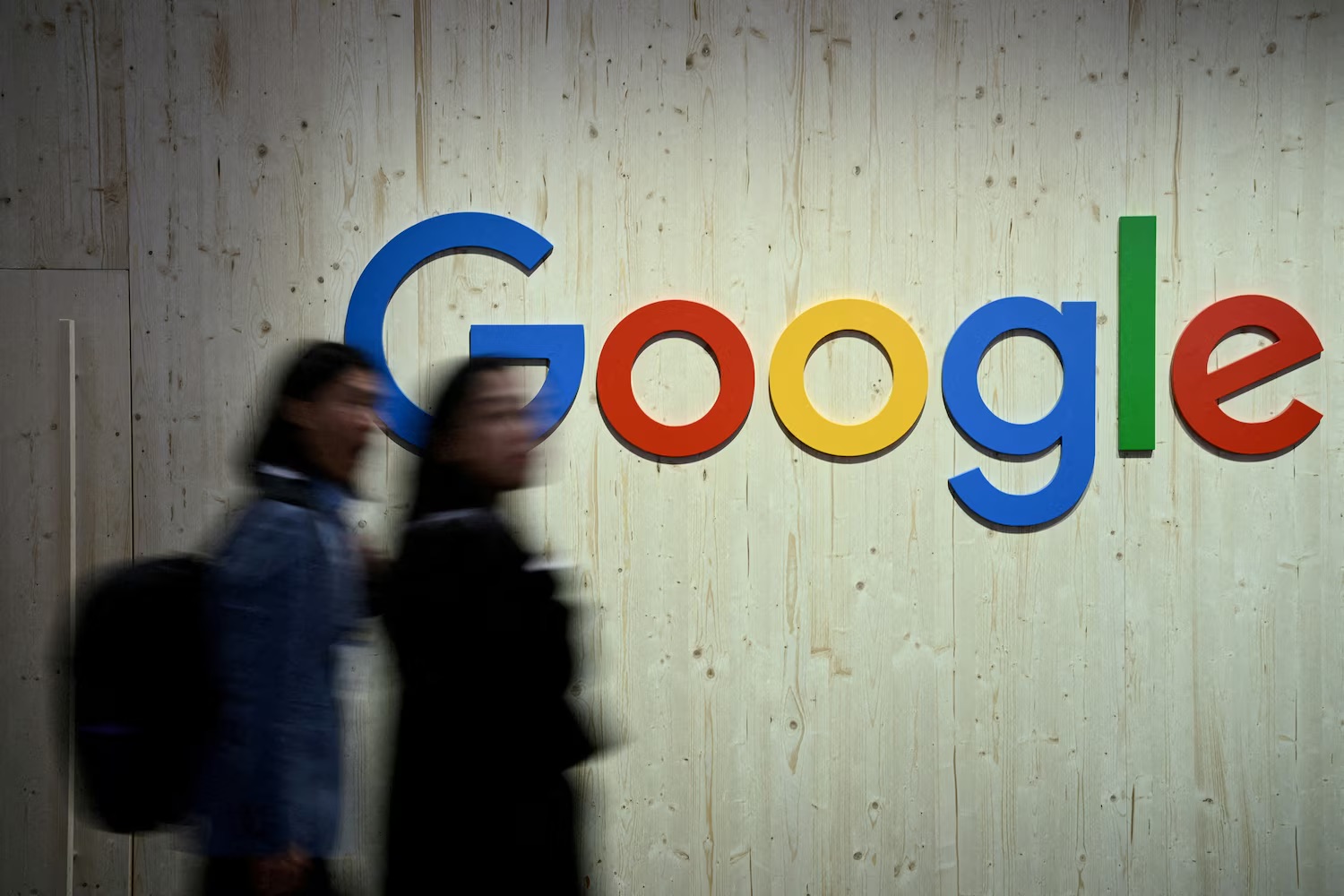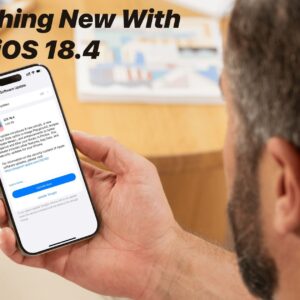
According to US antitrust law, Google is a monopolist. DOJ wants Google to sell Google Chrome and probably, Android as well.
Google has proposed a strategic counteroffer to the U.S. Department of Justice’s antitrust actions, focusing on unbundling Android apps and loosening its restrictive licensing practices.
Here are the key details of Google’s proposal:
Proposed Remedies
#1 App Unbundling and Licensing Changes
- Android device manufacturers will now have the freedom to choose which Google apps to pre-install
- Manufacturers can opt out of pre-installing Chrome, and Google Search
- Google will not force manufacturers to place its apps in prominent home screen positions
- The proposal aims to break mandatory app bundling requirements
#2 Search Engine Flexibility
- Device makers can now preload multiple search engines
- The default search provider can be changed every 12 months
- Different platforms (like iPad and iOS) can have different default search engines
Key Restrictions
For three years, Google will:
- Refrain from tying licenses for Chrome, Search, and Google Play to app preinstallation
- Continue paying for default search engine placement
- Allow annual reviews of search engine agreements
Context and Motivation
The proposal comes in response to a federal court ruling that declared Google a monopolist in the search market. By offering these remedies, Google hopes to:
- Avoid potential forced sale of Chrome or Android
- Demonstrate willingness to address antitrust concerns
- Maintain its core business model
- Prevent more drastic regulatory interventions
Google’s vice president of regulatory affairs, Lee-Anne Mulholland, described the DOJ’s original proposals as “extreme measures” and emphasized that the company will appeal the initial ruling. The final proposal will be submitted in March 2025, with the case expected to go to trial in April.
Other possibilities
What are the main arguments in Google’s counteroffer?
Google proposes loosening search agreements and app licensing terms instead of drastic structural changes. The company aims to address antitrust concerns by allowing more flexibility in app preinstallation and search engine defaults while avoiding complete separation of its core services.
How might Android unbundling affect app developers?
Unbundling will create more opportunities for app developers by reducing Google’s default app dominance. Developers can now compete more fairly, potentially developing alternative apps and gaining better market access without being overshadowed by pre-installed Google applications.
What are the potential benefits for consumers if Android is unbundled?
Consumers will gain increased app choices, greater device customization options, and more flexibility in selecting default applications. The unbundling could lead to more diverse Android experiences, potentially encouraging innovation and providing users with more personalized mobile ecosystems.
How could this change impact the pricing of Android devices?
Potential device pricing changes might emerge from increased manufacturing complexity and reduced bulk licensing discounts. Manufacturers may need to invest more in-app selection and integration, potentially leading to slight price increases or more varied pricing models.


